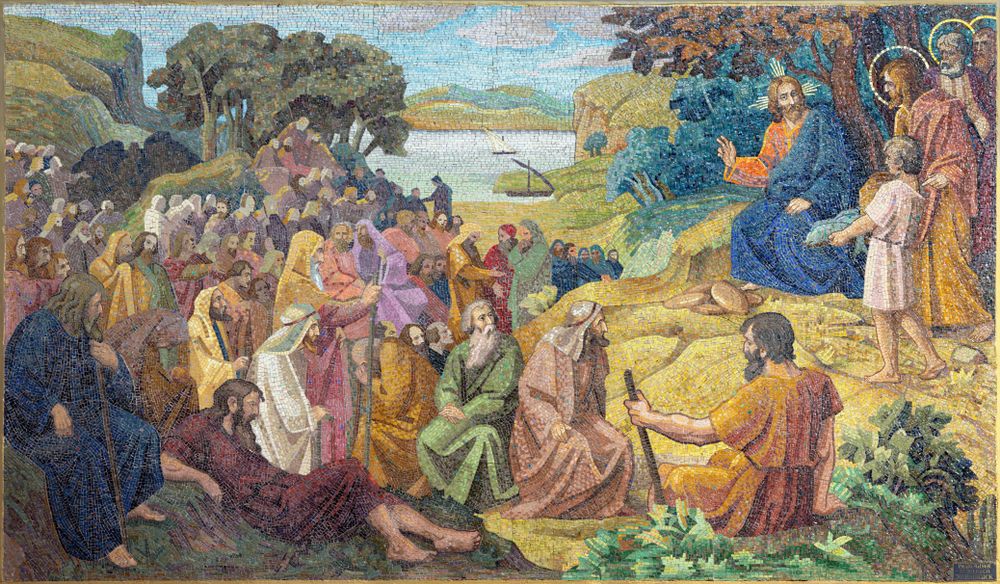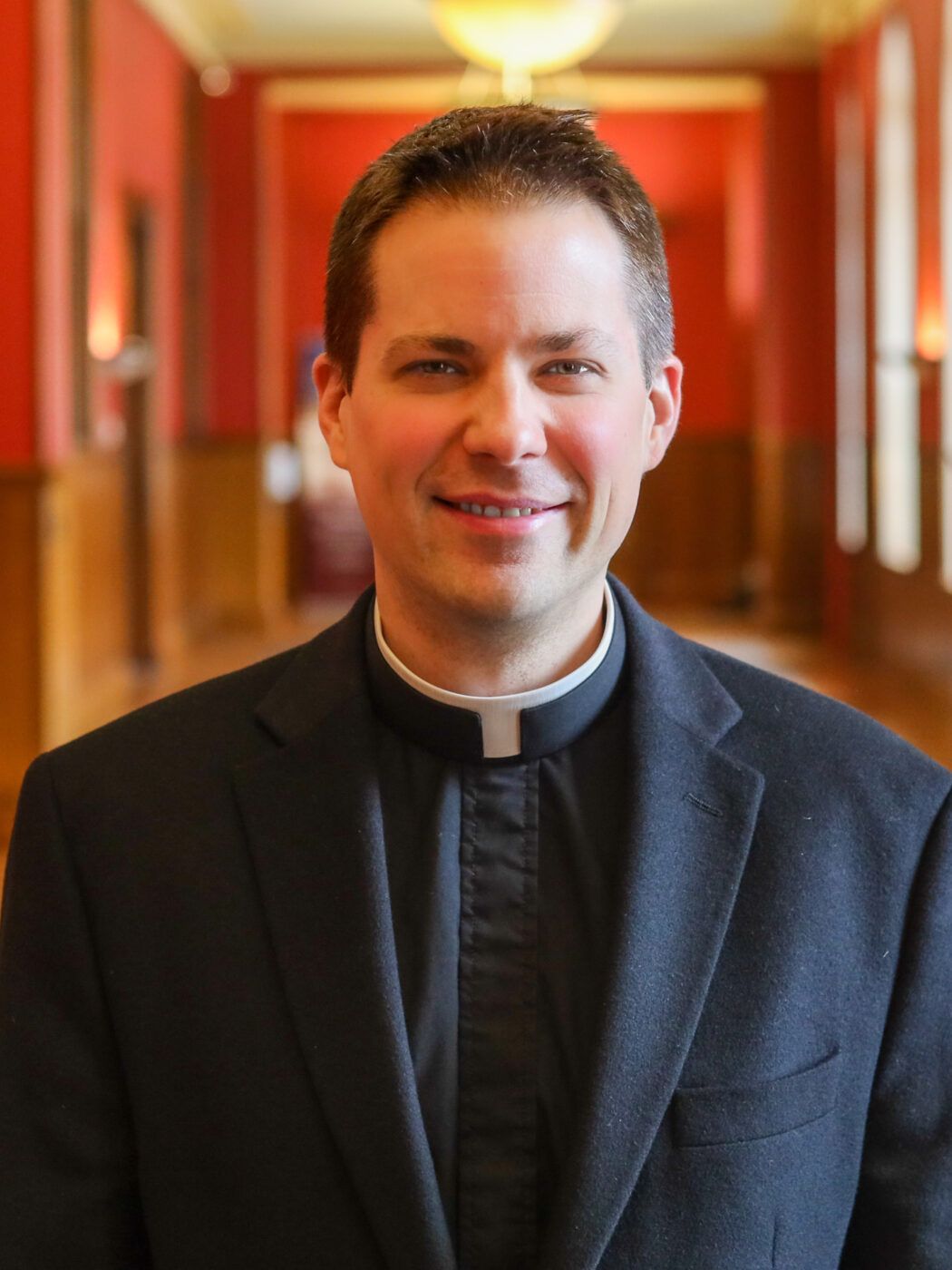Over the past few months, I’ve been working through reading Alexandr Solzhenitsyn’s masterpiece, The Gulag Archipelago. I must confess that I made my way through the book somewhat covertly, making sure never to be seen reading it by the seminarians here at Saint John’s. I worried that if they saw me carrying around a book with the word Gulag emblazoned on the cover, they might think I was seeking inspiration from Joseph Stalin’s prison system in my disciplinary role here as a faculty member. All their suspicions would be confirmed!
The book was hard reading. Through its hundreds of pages, Solzhenitsyn details the terrors and atrocities of the secret police, kangaroo courts, and sprawling prison camps of the Soviet Union. Being immersed in such an ocean of misery was exhausting, and I was just reading about it. Countless thousands lived and died in it. Yet, deep into this at times overwhelming record of human cruelty, an irruption of joy and thanksgiving leaped off the page. Solzhenitsyn, who spent a decade experiencing all this brutality as a prisoner and exile himself, exclaims, “Bless you, Gulag. Bless you.” He writes this strange line after recounting his slow and painful transformation from an arrogant, dyed-in-the-wool Marxist artillery officer in the Red Army to a broken and battered man stripped of everything. It was only after the Gulag emptied him of everything that he thought mattered that he found what really matters; he found Christ.
“Blessed are the poor in spirit, for theirs is the kingdom of heaven.” Solzhenitsyn was able to bless the Gulag only because these words from our Gospel are true. He lived the truth of them. He was transformed by the truth in them. Solzhenitsyn realized that he had to be made poor—not just materially, but existentially—in order to have a soul wide enough, great enough to welcome the expansiveness of God’s Kingdom. He had to go to prison to experience freedom, and for this he thanked God from the bottom of his heart.

The Gulag system along with all the injustices great and small that we suffer today are real evils. There is no question about that. Without Christ, they are only so many causes for bitterness. With Christ, by the power of His death and Resurrection, they are transformed. They do not cease to be evil, but a new light now shines in them. If, by faith, we perceive that light shining in the darkness and, in hope, move toward it, we find Christ. We find His Kingdom and we are forever changed.
In the Magnificat, we hear that the Lord casts down the mighty from their thrones and sends the rich away empty. How good it is to fall from such false and inflated heights. How good it is to be emptied of what doesn’t really fill us. The Lord allows us the tumble down from our self-styled eminences not to grind our faces in the dirt, no. He lets us fall to help us learn lowliness and so be lifted up by His powerful hand. He empties us only to fill us with things that are truly good. Knowing the higher heights to which He lifts us, we can even bless the people and systems—however unfair or cruel they might be—that occasioned our humiliation. Only because the Kingdom is real can we rejoice in poverty of spirit and bless those who impoverish us.
This is how injustice is ultimately conquered: not through bitter counteroffensive, but through the light of the Kingdom shining through believers, a light that continues to baffle the world with its wonderfully strange Beatitudes.


